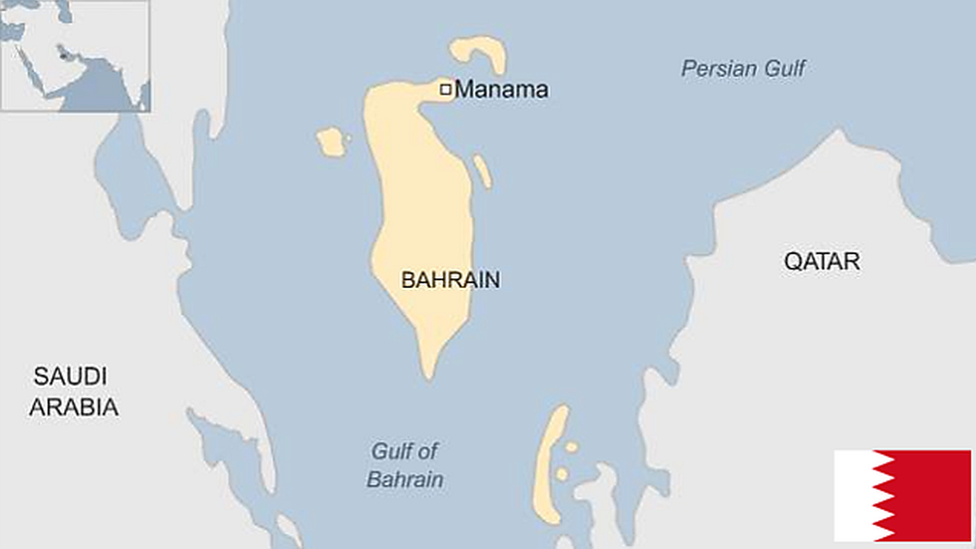Iraq country profile
- Published
This page is no longer being updated. It was last updated on 13 September 2023

Iraq, home to some of the earliest known civilisations, has been a battleground for competing forces since the US-led overthrow of Saddam Hussein in 2003.
The mainly Shia-led governments that have held power since have struggled to maintain order, and the country has enjoyed only brief periods of respite from high levels of sectarian violence.
Instability and sabotage have hindered efforts to rebuild an economy shattered by decades of conflict and sanctions, even though Iraq has the world's second-largest reserves of crude oil.
Read more country profiles, external - Profiles by BBC Monitoring, external
REPUBLIC OF IRAQ: FACTS
Capital: Baghdad
Area: 438,317 sq km
Population: 40.4 million
Languages: Arabic, Kurdish, also Suret (Assyrian), Turkish, Armenian
Life expectancy: 69 years (men) 75 years (women)
LEADERS
President: Abdul Latif Rashid
Rashid was elected as president in October 2022, replacing Barham Salih. He can serve a maximum of two four-year terms in the largely ceremonial post.
He is opposed to the normalization of diplomatic relations with Turkey as long as there continue to be border violations.
Under an informal agreement between political parties, the presidency is reserved for Kurds, the premiership for Shia Arabs, and the post of speaker of parliament for Sunni Arabs.
Prime minister: Mohammed Shia al-Sudani
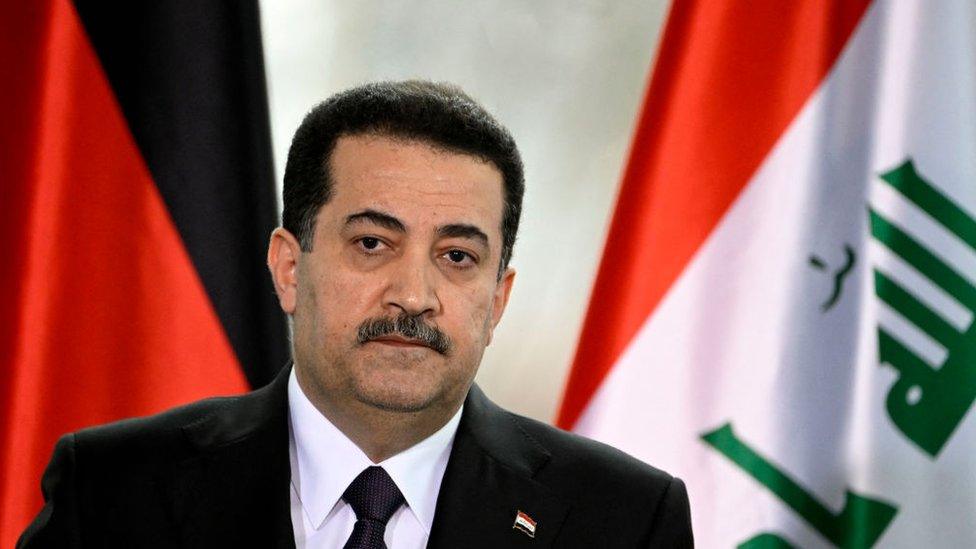
Mohammed Shia al-Sudani became prime minister in October 2022 after more than a year of political paralysis, though critics say he is struggling to deliver on his promises.
In an interview with the Wall Street Journal in 2023, he defended the presence of United States troops in his country, saying they were needed to hep Iraq's security forces defeat ISIS.
This contradicts the stance of several Iran-aligned groups that in part make up the Shia-dominated Coordination Framework, the political bloc that nominated him as prime minister.
MEDIA
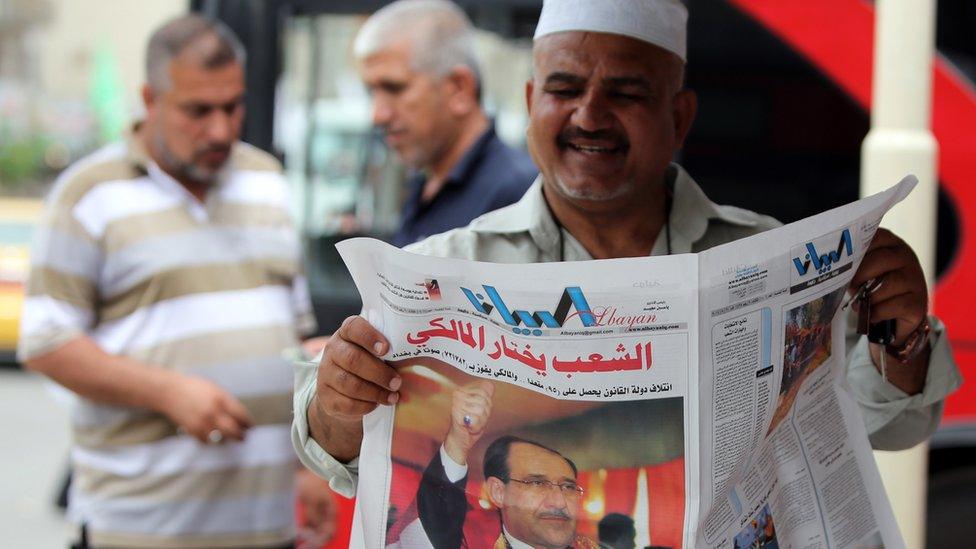
There are hundreds of publications and scores of radio and TV stations. But political and security crises have resulted in an increasingly fractured media scene.
Television is the main medium for news. Many media outlets have political or religious affiliations.
TIMELINE
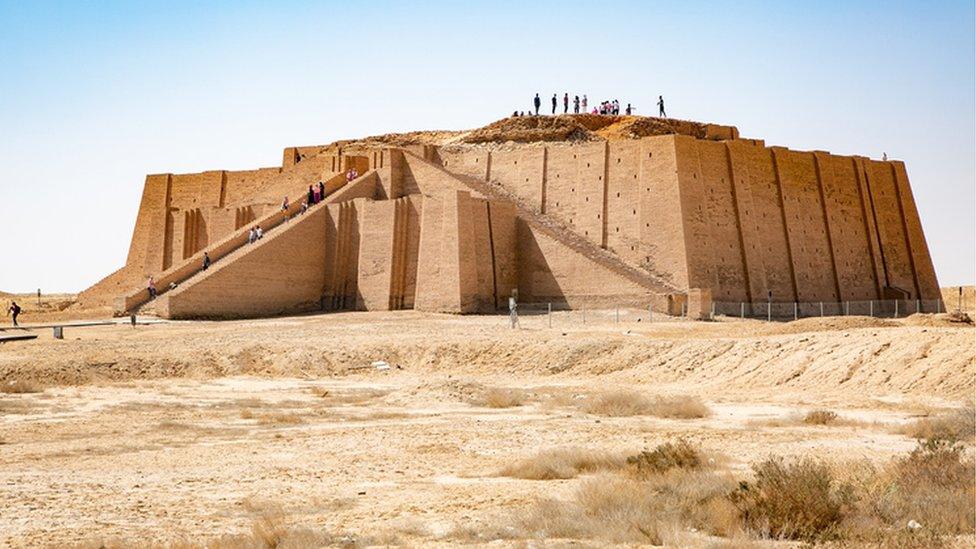
The partly-reconstructed Ziggurat of Ur, which was first built over 4,000 years ago in what is now southern Iraq
Some key dates in Iraq's history:
c.5500-2270BC - Sumerian civilisation flourishes in southern Iraq: Along with nearby Elam, Egypt, the Indus Valley, China, Caral-Supe, and Mesoamerica it is one of the cradles of civilization. The world's earliest known texts come from Uruk and Jemdet Nasr.
2334-2154BC - Akkadian Empire under Sargon the Great and his successors exercises influence across Mesopotamia, the Levant and Anatolia, sending military expeditions as far south as the Arabian Peninsula.
c.1792-1750BC - Hammurabi, ruler of Babylon, issues the Code of Hammurabi, a law code which is among the first to establish the presumption of innocence.
911-609BC - Neo-Assyrian Empire based in northern Iraq dominates the Near East, most notably under Ashurnasirpal II and Shalmaneser III.
620-539BC -Neo-Babylonian Empire dominates the Levant, Canaan, Arabia, Israel and Judah, and defeats Egypt under Nebuchadnezzar II.
539BC - Persians under Cyrus the Great defeat the Babylonians and region becomes part of the Achaemenid Empire.
330BC - Macedonians under Alexander the Great conquer the region.
1451BC - Mithridates I of Parthia conquers Babylonia.
224AD - Sassanid Persia conquers the region.
632-654 - Muslim conquest of what is now Iraq and Iran.
750-1258 - Abbasid Caliphate founds the city of Baghdad - under the caliph Al-Mansur - which becomes a centre of science, culture and invention in what is known as the Golden Age of Islam.
1257-58 - Mongol armies under Hulagu Khan sack and destroy Baghdad, burning its extensive library. Estimates of those killed range from 200,000 to a million.
1508 - Iraq comes under control of Safavid Iran.
1639 - Treaty of Zuhab sees Iraq become part of the Ottoman Empire.
1914 - World War One. Ottoman Turkey sides with Germany and Austria-Hungary.
1915-16 - British troops invade and initially suffer a major defeat at the hands of the Turkish army during the Siege of Kut.
1917 - British forces regroup and capture Baghdad.
1920 - Following the end of World War One, the League of Nations approves the British mandate in Iraq, prompting nationwide revolt.
1921 - Britain appoints Feisal, son of Hussein Bin Ali, the Sherif of Mecca, as king.
1932 - Mandate ends, Iraq becomes independent. Britain retains military bases.
1941 - Britain re-occupies Iraq after pro-Axis coup during World War Two.
1958 - The monarchy is overthrown in a left-wing military coup led by Abd-al-Karim Qasim. Iraq leaves the pro-British Baghdad Pact.
1963 - Prime Minister Qasim is ousted in a coup led by the pan-Arab Baath Party.
1963 - The Baathist government is overthrown, but seizes power again five years later
1979 - Saddam Hussein becomes president.
1980-1988 - Iran-Iraq war results in stalemate.
1981 - Israeli air raid destroys Iraqi nuclear reactor at Osirak near Baghdad.
1988 - Iraq attacks Kurdish town of Halabjah with poison gas, killing thousands.
1990 - Iraq invades and annexes Kuwait, prompting what becomes known as the first Gulf War. A massive US-led military campaign forces Iraq to withdraw in February 1991.
1998 - US and British Operation Desert Fox bombing campaign aims to destroy Iraq's nuclear, chemical and biological weapons programmes.
2003 - US-led invasion topples Saddam Hussein's government, marks start of years of violent conflict with different groups competing for power.
2006 - Saddam Hussein is executed for crimes against humanity.
2022 - 2,500 US. troops remain in Iraq as part of anti-ISIS operations despite the formal end of the US combat mission there in 2021.
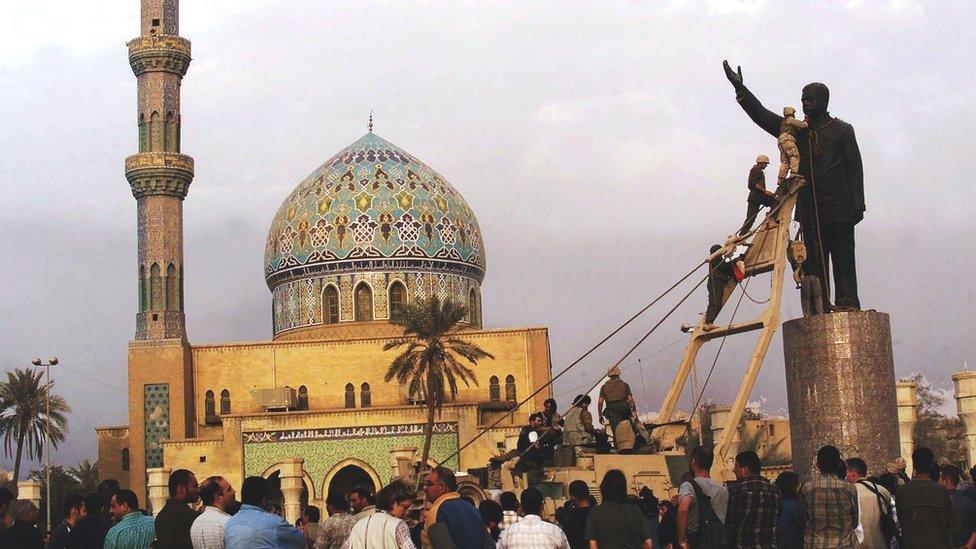
US marines toppled the statue of Saddam Hussein shortly after the invasion in 2003. Years of instability followed
Related topics
- Published29 August 2023
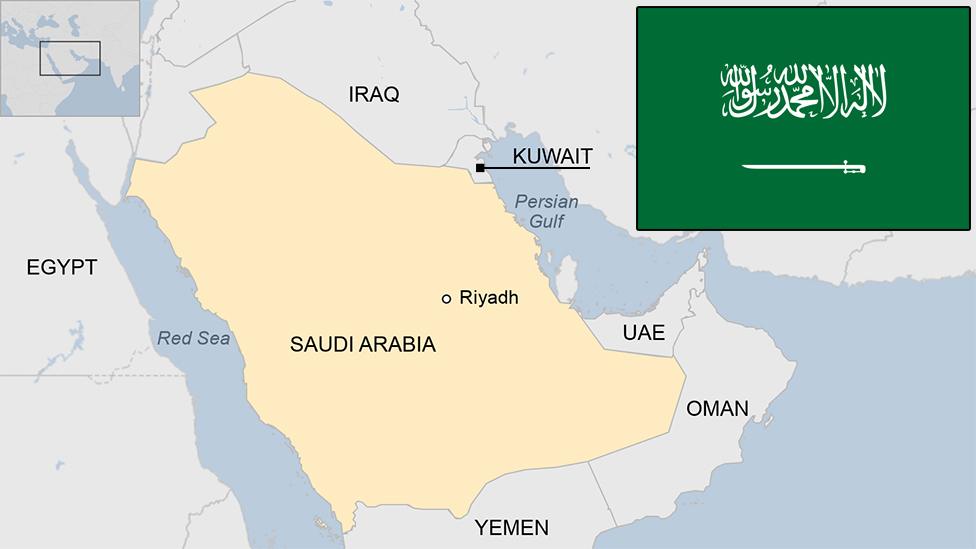
- Published19 April 2023
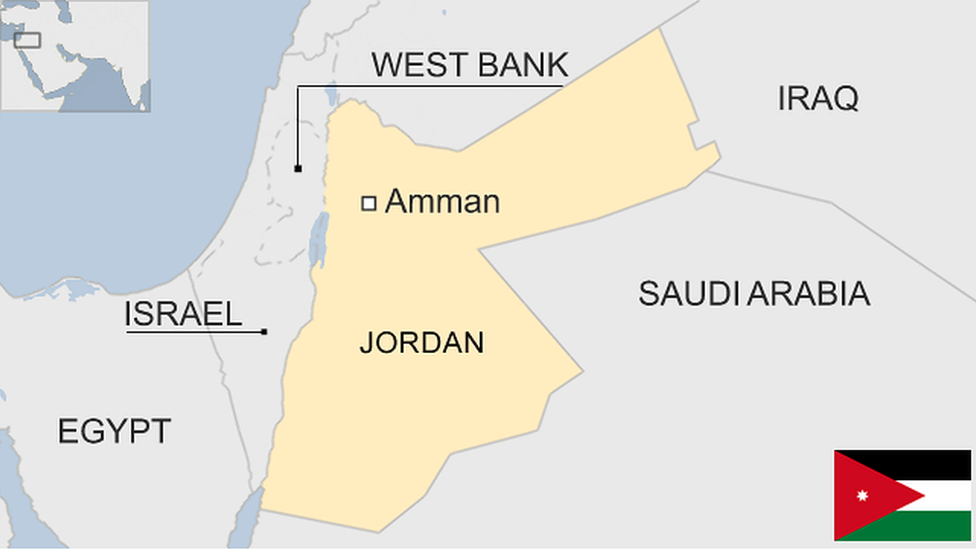
- Published7 January

- Published22 August 2023

- Published14 October 2024

- Published18 December 2023
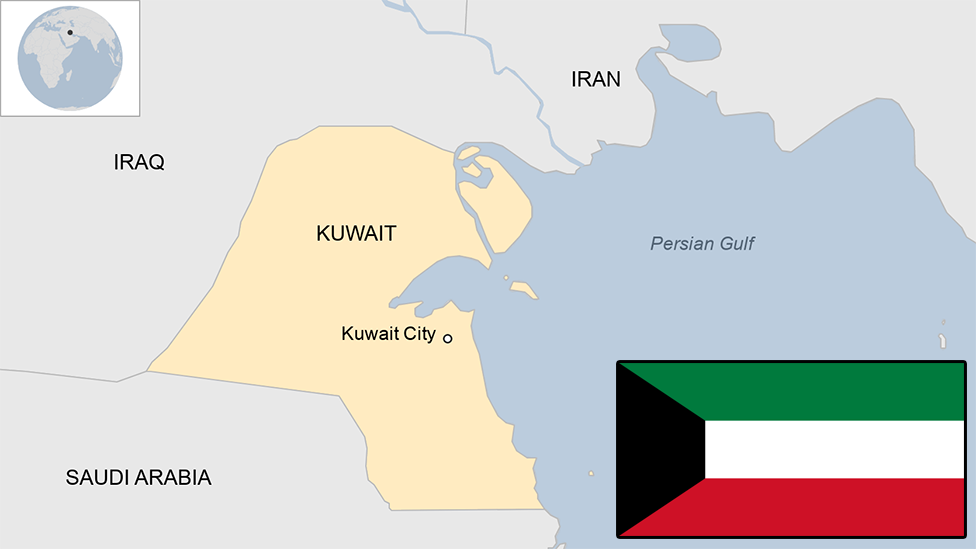
- Published21 August 2023
